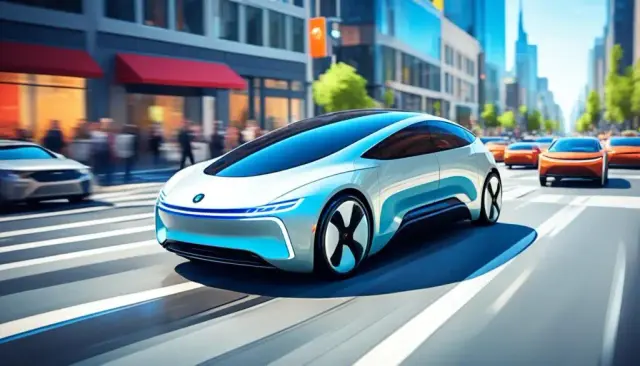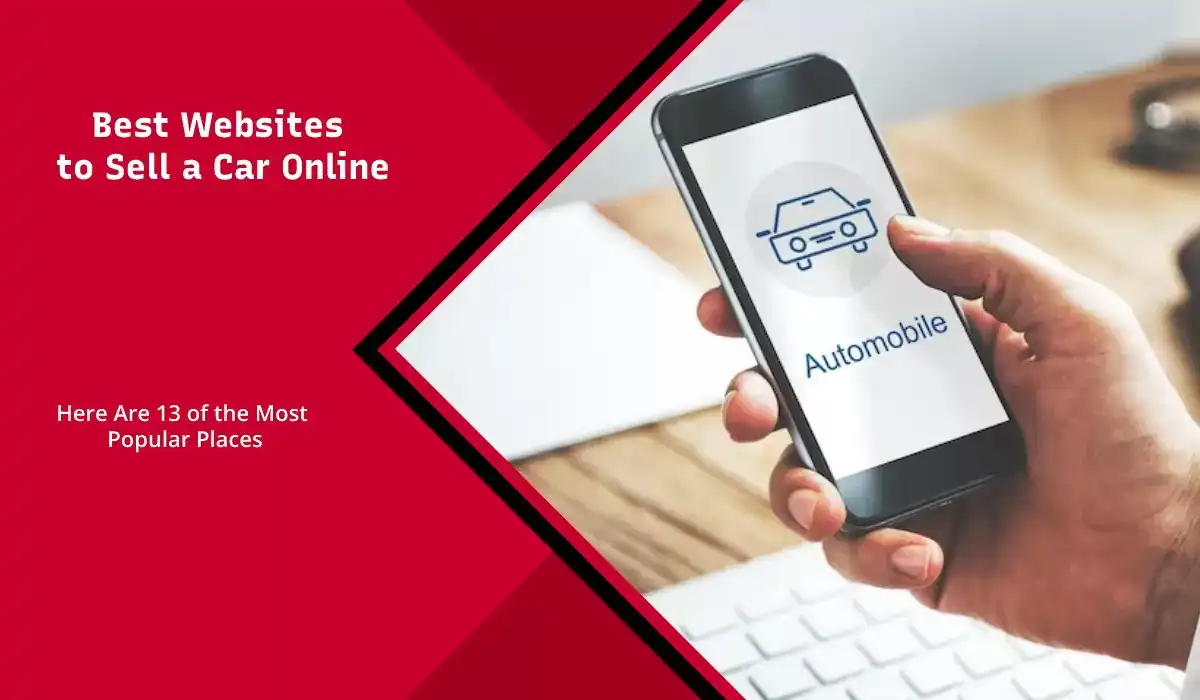EV Market Predictions: What to Expect by 2030
Mia Anderson
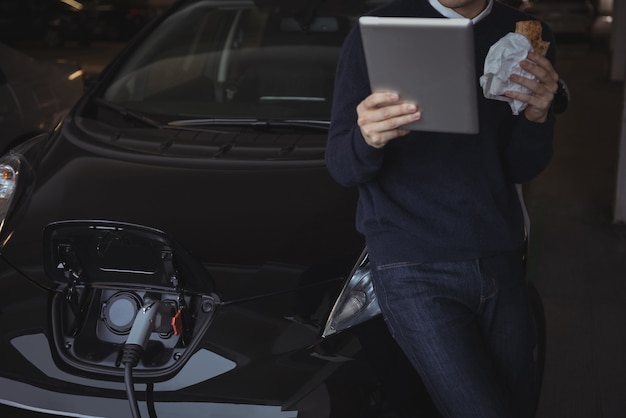
Photo: EV Market Predictions: What to Expect by 2030
Electric vehicles (EVs) are steadily gaining traction as a cornerstone of the automotive industry. Sparked by growing environmental concerns and fueled by technological innovations, EVs are no longer a futuristic fantasy but a practical reality in many regions worldwide. From improved battery technology to an expanding network of charging stations, the EV market is poised to transform how we move and live by 2030.
While the current share of EVs on the road may seem modest in certain markets, the shift toward electrified transportation is accelerating. Governments across the globe are introducing incentives, imposing strict emissions regulations, and investing in clean energy infrastructure. Auto manufacturers, both established and emerging, are pouring resources into developing electric models that cater to diverse needs from compact city cars to long-range SUVs and commercial vehicles. As we approach 2030, the pace of change in the EV ecosystem will likely intensify, reshaping personal mobility and influencing wider economic landscapes.
Background: A Rapidly Evolving Landscape
Early Adoption Phase
In the early days of EVs, limited driving ranges, high purchase costs, and a lack of charging points deterred many potential buyers. Electric vehicles were often seen as niche products, appreciated mainly by tech enthusiasts or environmentally conscious consumers willing to pay a premium for a cleaner drive. Over the past decade, however, awareness of climate change has steadily increased, fostering a global push for zero-emission transportation. Subsidies and tax breaks have further sweetened the deal, making EV ownership financially more accessible.
Key Market Drivers
Several factors have converged to supercharge the EV market’s growth. First, technology giants and automotive companies have invested heavily in research and development, aiming to enhance battery performance and reduce production costs. Second, surging demand for sustainable mobility has aligned with strict government mandates for lowering carbon emissions. Lastly, consumer preferences have shifted significantly, with a growing segment prioritizing sustainability in purchasing decisions.
These early foundations set the stage for an accelerated EV adoption curve, offering lessons to manufacturers, policymakers, and consumers about what works and what needs improvement. With this historical context in mind, let us explore how these factors could shape electric transportation in the years leading up to 2030.
Analysis: Projecting the EV Market Through 2030
A Growing Demand for Electric Vehicles
One of the most significant shifts on the horizon is the demand curve for electric vehicles. Projections indicate that by 2030, EVs may account for a substantial portion of new car sales in major markets such as Europe, China, and the United States. This surge can be attributed to:
- Declining Costs: As battery prices drop, electric vehicles will become competitively priced against internal combustion engine (ICE) models.
- Rising Fuel Prices: Fluctuations in gasoline and diesel costs can make EVs financially more attractive for cost-conscious drivers.
- Changing Consumer Mindsets: Many people now actively seek ways to reduce their carbon footprint and adopt greener living habits.
Battery Technology Innovations
Battery technology stands at the heart of the EV revolution. By 2030, we can expect breakthroughs that will likely solve one of the major concerns facing electric cars: range anxiety. Advancements could include:
- Solid-State Batteries: These promise higher energy density and faster charging times while reducing fire risks associated with traditional lithium-ion designs.
- Improved Recycling Processes: Innovations in battery recycling will help mitigate environmental issues tied to disposal, making EVs even more sustainable.
- Cost-Effective Manufacturing: As techniques improve, manufacturing becomes more efficient, which translates into lower retail prices for consumers.
The ripple effect of better battery technology extends beyond just personal vehicles. Commercial fleets, public transportation networks, and even heavy-duty trucks could more readily adopt electrification if batteries become lighter, cheaper, and faster to charge.
Charging Infrastructure Expansion
A robust charging infrastructure is critical for mass EV adoption. By 2030, we should see extensive networks of fast-charging stations strategically placed at highway stops, shopping centers, and residential areas. This expansion will be driven by:
- Public-Private Partnerships: Collaborations between government agencies and private companies to invest in widespread charging solutions.
- Smart Charging Systems: Integration with renewable energy sources and grid management software to balance demand and reduce power surges.
- Urban Planning: Metropolitan areas may designate convenient charging spots to encourage drivers to switch from gasoline-fueled cars to electric vehicles.
Moreover, inductive charging where a vehicle can charge wirelessly while parked over a special surface might become more prevalent, adding extra convenience to daily EV use.
Regional Trends and Government Policies
North America
The United States and Canada are likely to continue ramping up incentives for electric cars, from tax credits to rebates for home charging station installations. Government strategies to reduce carbon emissions from the transportation sector will probably intensify. States like California, already a leader in EV adoption, are poised to push ambitious zero-emission mandates, compelling car manufacturers to accelerate EV production.
Europe
European Union member states have long championed stricter emission standards and are aiming for carbon neutrality in the coming decades. Countries like Norway already have a high percentage of EV ownership thanks to subsidies, toll exemptions, and other perks. By 2030, much of Europe could follow suit, propelled by uniform policies across the EU that incentivize cleaner transportation.
Asia-Pacific
China, the world’s largest automobile market, is expected to maintain its leadership role in EV production and adoption. With heavy government backing and robust local manufacturing, China serves as a blueprint for rapid EV market expansion. Elsewhere in Asia-Pacific, countries like Japan and South Korea are also investing in greener technologies. This collective push will significantly impact global trends, given the region’s immense population and market potential.
Sustainability and Environmental Considerations
The eco-friendly credentials of electric vehicles go beyond just the absence of tailpipe emissions. By 2030, EVs will likely have an even stronger sustainability profile thanks to cleaner electricity grids and more efficient manufacturing processes. Innovations in solar and wind energy could power a significant portion of charging networks, reducing the overall carbon footprint.
While electric cars are not entirely free from environmental impact battery mining and manufacturing do involve resource extraction ongoing research and regulatory guidelines strive to ensure materials are sourced responsibly. Many industry players are also focusing on recycling metals such as lithium, cobalt, and nickel, further reducing the environmental cost of EV batteries.
Conclusion: Steering Toward a Greener Future
Predicting the future is an imprecise endeavor, but the momentum behind electric vehicles suggests we are on the verge of a transformative shift in the automotive industry. As demand for eco-conscious products grows, governments reinforce sustainable policies, and battery technology continues to evolve, the stage is set for EVs to become a dominant force by 2030.
Still, challenges remain. Persistent supply chain hurdles, varying regional regulations, and lingering consumer hesitations must be addressed to pave a smooth road for widespread EV integration. However, given the progress observed in recent years, it is reasonable to expect that collective efforts will yield meaningful solutions.
In the next decade, individuals and businesses alike will likely embrace the benefits of electric transportation: reduced carbon emissions, lower long-term costs, and quieter, cleaner cities. By 2030, the automotive landscape will have undergone a fundamental transformation, driven by innovation and shaped by a shared commitment to a more sustainable world. Embracing this future now, with a clear vision and proactive strategies, will ensure that electric vehicles fulfill their promise of greener, smarter mobility for all.
Marketing
View All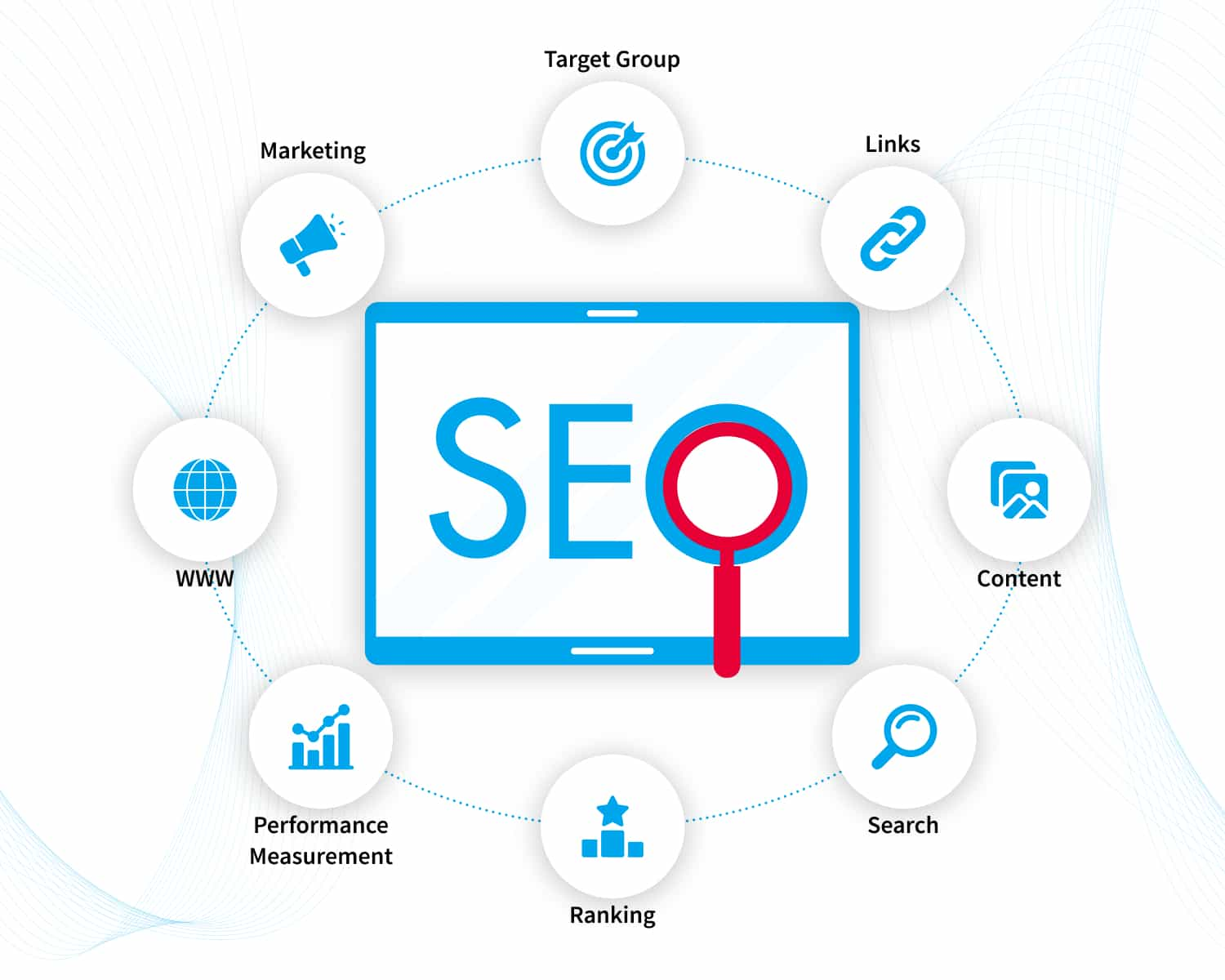
January 25, 2025
SEO’s Role in Digital Marketing StrategyDive into the importance of SEO in crafting a digital marketing strategy that works. Rank higher and drive organic traffic today!
Mia Anderson

January 25, 2025
Email Marketing in the Digital AgeUnlock the power of email marketing with modern strategies tailored for the digital age. Connect with your audience like never before!
Mia Anderson
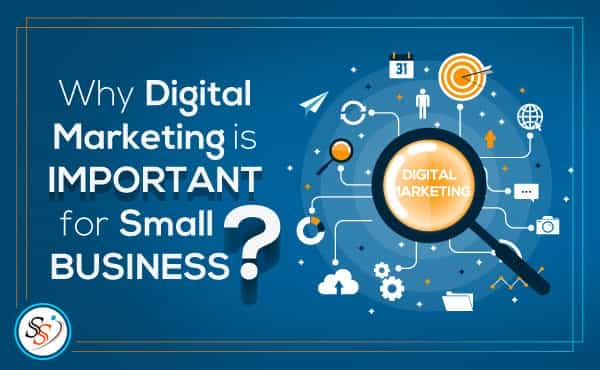
January 21, 2025
Why Digital Marketing is Vital for SMBsDiscover why small businesses must adopt digital marketing in 2024. Learn tips and tactics to compete in the digital age. Take your business online today!
Mia Anderson
Entertainment
View AllExplore the essence of indie films in 2024. Learn how they stand out from mainstream cinema. Read now to dive into the world of indie filmmaking!
Mia Anderson
Discover the latest tips for creating a top fan website in 2024. Learn key strategies and boost your site’s success click to read the complete guide now!
Mia Anderson
Discover top tips on streaming your favorite films legally & safely with our guide - click now, don't miss out!
Mia Anderson
Unlock the secrets to an unforgettable movie trivia night with our ultimate guide. Get tips, trivia questions, and game ideas to boost your event's fun!
Mia Anderson
Automotive
View AllExplore how autonomous vehicles (AVs) are driving the future of EV adoption. Will AVs be the key to widespread electric mobility?
Read MoreEquip your dealership with these top Dealer Daily tools to streamline operations and drive success. Optimize your business now!
Read MoreLearn about the top platforms for selling your car efficiently. Compare options and make the best choice!
Read MorePolular🔥
View All
1
2
3
4
5
6
7
8
9
10
Technology
View All
August 26, 2024
How Blockchain Technology Is Transforming Our World
Discover how blockchain technology is revolutionizing industries. Learn how it can benefit you today click to explore the future of innovation!

September 17, 2024
Top Software Development Life Cycle Trends to Watch in 2024
Explore the latest 2024 trends in the Software Development Life Cycle. Learn how AI, MLOps, and cloud innovations are shaping the future. Read now for insights!

August 27, 2024
Transform Your Business with the Power of Big Data
Discover top big data solutions that can revolutionize your business. Learn how to harness big data effectively. Click now to boost your success!
Tips & Trick














